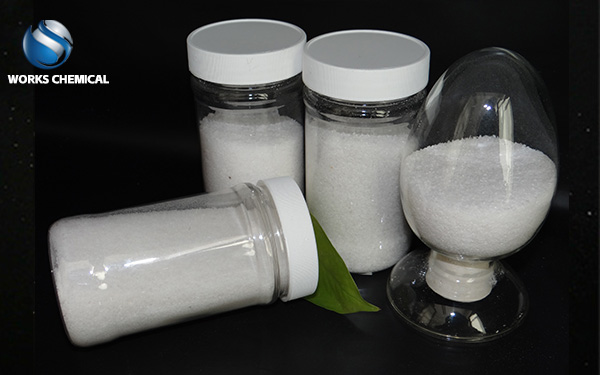
The selection of sludge deep dewatering agents needs to consider a number of factors, including the nature of the sludge, the type of dewatering equipment and the performance of the agent itself. Here are some suggestions for specific choices:

A, according to the nature of sludge selection
Organic sludge: For sludge containing a lot of organic matter, such as food, aquaculture, slaughtering, municipal sewage and other industries, it is recommended to choose cationic polyacrylamide. Cationic polyacrylamide can effectively neutralize the negative charge in sludge and promote the agglomeration and dehydration of sludge particles.
Inorganic sludge: For sludge containing a large number of inorganic substances, such as tailings water sludge in coal washing, sand washing, mineral processing and other industries, anionic polyacrylamide or non-ionic polyacrylamide may be more suitable. These agents can better treat inorganic sludge and improve the efficiency of dehydration.
Two, according to the dehydration equipment selection
Plate and frame filter press: For the use of plate and frame filter press for sludge dewatering occasions, sludge conditioner is the best choice. The sludge conditioner can make the sludge better break the wall, precipitate more sewage, reduce the moisture content of the sludge, and do not cause the sludge increment and sticky filter cloth.
Belt filter press and centrifuge: For the use of desilting equipment such as belt filter press and centrifuge, it is necessary to choose a reagent that can make the sludge tightly and large. In this way, a thick mud cake can be formed by extrusion, improving the efficiency of dehydration. Polyacrylamide is widely used in this type of equipment, especially cationic polyacrylamide.
Three, consider the performance of the drug
Flocculation effect: The selection of agents with good flocculation effect can make the sludge particles rapidly condense into larger floc, which is convenient for subsequent dehydration treatment.
Solubility: The agent should be easy to dissolve and mix in order to play a full role in the sludge treatment process.
Environmental protection: Choose environmental protection agents to avoid harm to the environment and human health. For example, avoid the use of chlorine ions, calcium ions and other agents that may cause secondary pollution.
IV. Other precautions
Pilot screening: Before selecting the agent, it is best to conduct a pilot screening to determine the type and dosage of the agent that is most suitable for the specific sludge and dewatering equipment.
Dosage of agents: According to the nature of sludge and the requirements of dewatering equipment, the dosage of agents is reasonably controlled to avoid waste and reduce costs.
Equipment matching: Ensure the matching of the agent and the dehydration equipment to achieve the best dehydration effect.